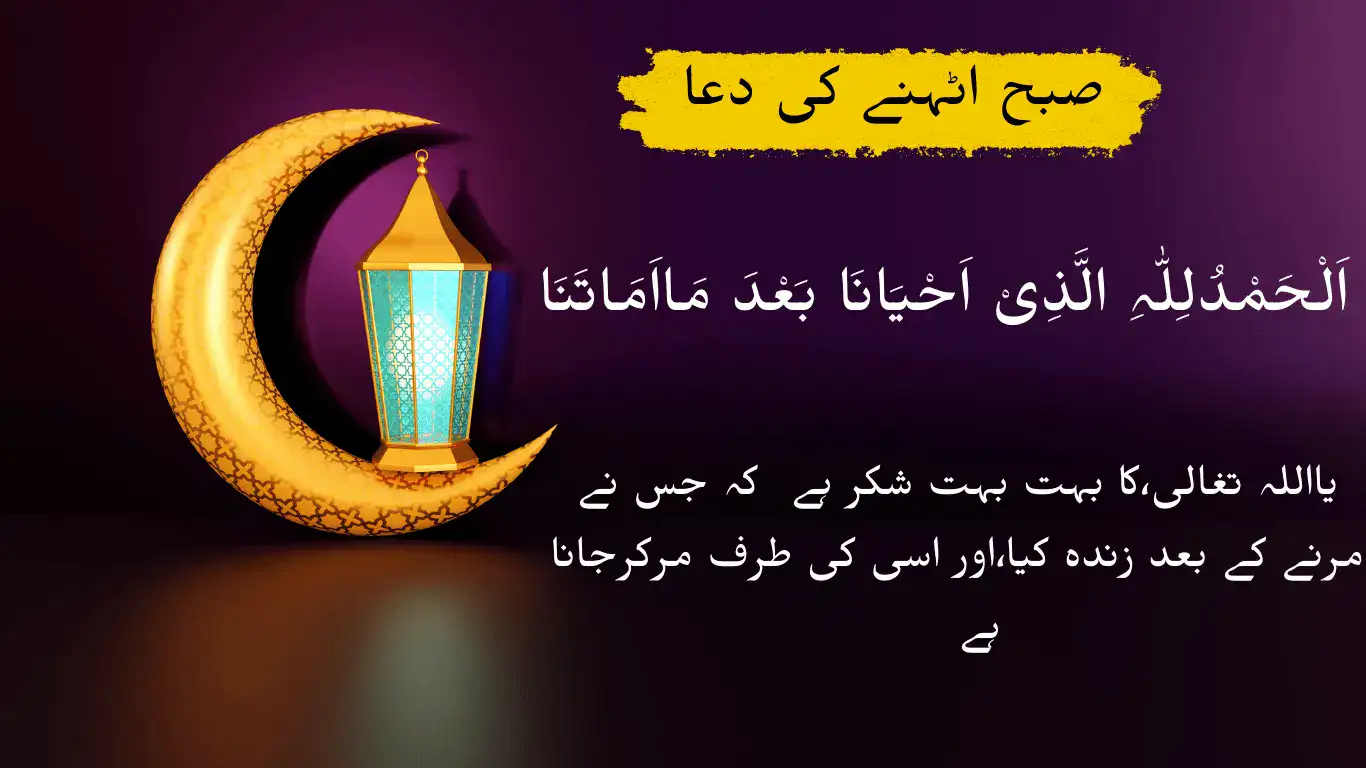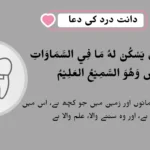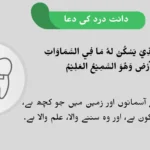Beginning your day with the remembrance of Allah is a way to seek His blessings and guidance. For Muslims, reciting the dua after waking up is an essential practice to express gratitude for life and to invoke protection throughout the day. The subah uthne ki dua is a reminder of the temporary nature of life and the gift of being granted another day.
The Importance of Subah Morning Dua
When we sleep, it is a state akin to death. The dua recited upon waking up acknowledges this temporary state and thanks Allah for restoring our life. It is not only a way to thank Allah but also a means to start the day with a heart full of positivity and reliance on Him.
| So kar Uthne Ki Dua | Wake Up Prayer |
| Dua for Sleep – Sote waqt ki dua |
| Sar Dard Ki Dua (Headache Relief Prayer) |
| Ghar Me Dakhil Hone Ki Dua |
Subah Uthne Ki Dua (Morning Dua) in Arabic
The dua that is commonly recited after waking up is:
اَلْحَمْدُ لِلّٰهِ الَّذِيْ اَحْيَانَا بَعْدَ مَا اَمَاتَنَا وَاِلَيْهِ النُّشُوْرُ
Translation: “All praise is due to Allah, Who gave us life after He caused us to die, and to Him is the return.”
(Bukhari: 6312)
English Translation of Morning Dua
this dua in English is:
All praise belongs to God, Who revived us to life after causing us to die (during sleep), & to Him is the return.
This dua signifies the appreciation we express towards Allah for restoring our life every morning, and it is a gentle reminder that all of us will return to Him eventually.
Urdu Translation of Morning Dua
The Urdu translation of this beautiful dua is:
“الحمد للہ، جس نے ہمیں موت کے بعد زندگی عطا فرمائی اور اسی کی طرف لوٹنا ہے۔”
By reciting this dua, we remember that our life is in the hands of Allah and that we owe Him immense gratitude for allowing us to live another day.

The Wisdom Behind the Dua
The subah uthne ki dua reflects the core Islamic belief that life and death are under Allah’s control. Every breath we take is a gift, and this dua brings that consciousness to the forefront. It also instills a sense of responsibility as we wake up each day, reminding us to live righteously and with purpose.
How to Incorporate Morning Dua in Daily Routine
Reciting the subah uthne ki dua is easy to incorporate into your daily routine. Right after you wake up, before engaging in any worldly activity, softly recite this dua. You can place a reminder on your phone or a note near your bed to make it a habit.
By starting your day with the remembrance of Allah, you set the tone for a positive, productive, and spiritually fulfilling day.
Conclusion
The Morning Dua is a powerful reminder of Allah’s mercy and the fragile nature of life. As Muslims, it’s important to start our day with this supplication, seeking Allah’s blessings and expressing our gratitude. Reciting this dua regularly strengthens our connection with Allah and ensures that we remember Him in both our conscious and subconscious states.
Make this short but meaningful dua a part of your everyday routine, and you will notice the barakah (blessings) in your life increase significantly.
FAQs:
Reciting Morning Dua expresses gratitude to Allah for granting us life after sleep (a form of temporary death). It is a way to start the day with positivity and spiritual connection to Allah.
The meaning of Morning Dua is, “All praise belongs to Allah, Who revived us to life after causing us to die, and to Him is the return.
To make this dua a habit, place reminders near your bed or set an alarm on your phone. Recite the dua immediately after waking up to ensure it becomes part of your daily routine.




